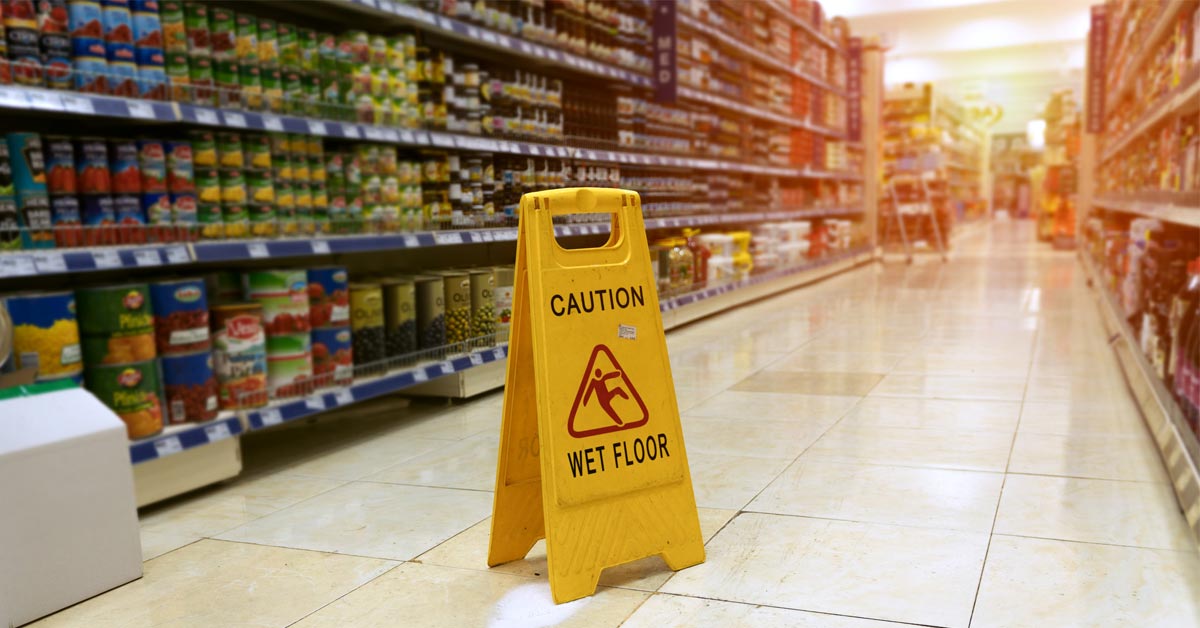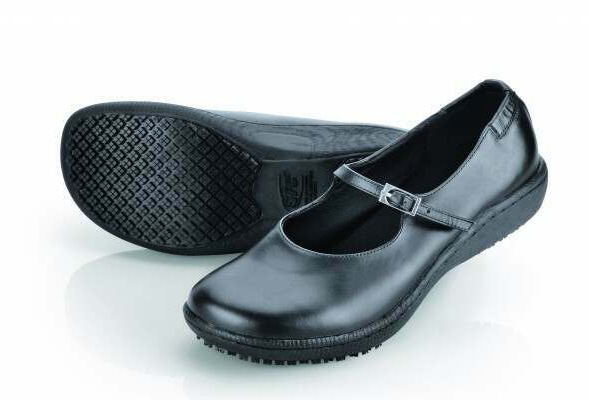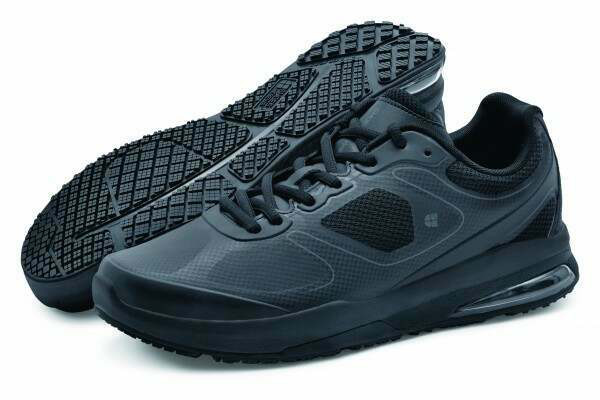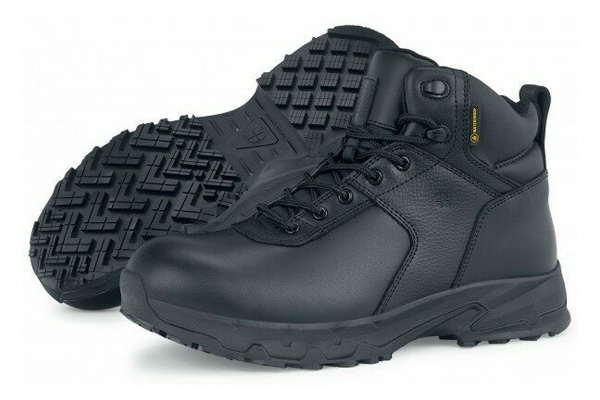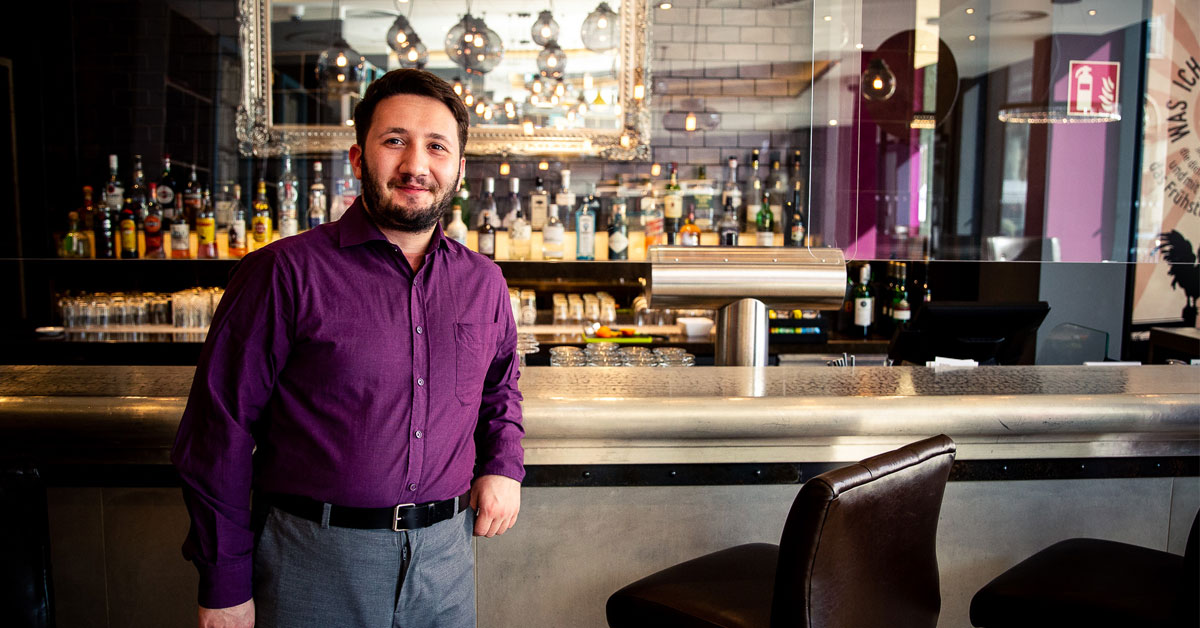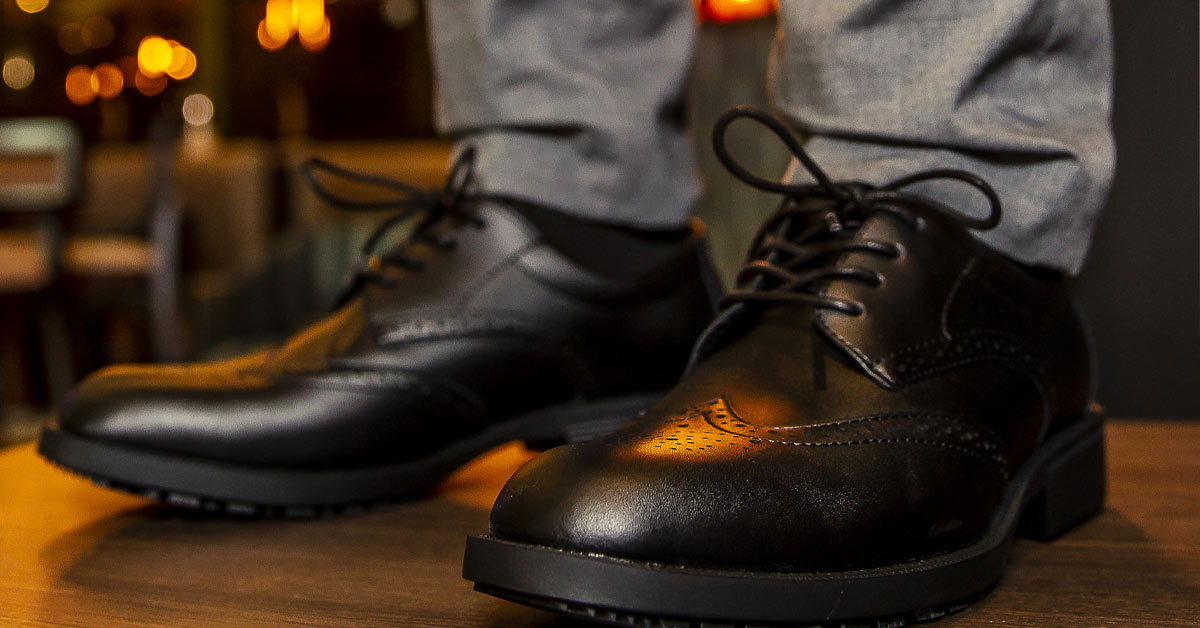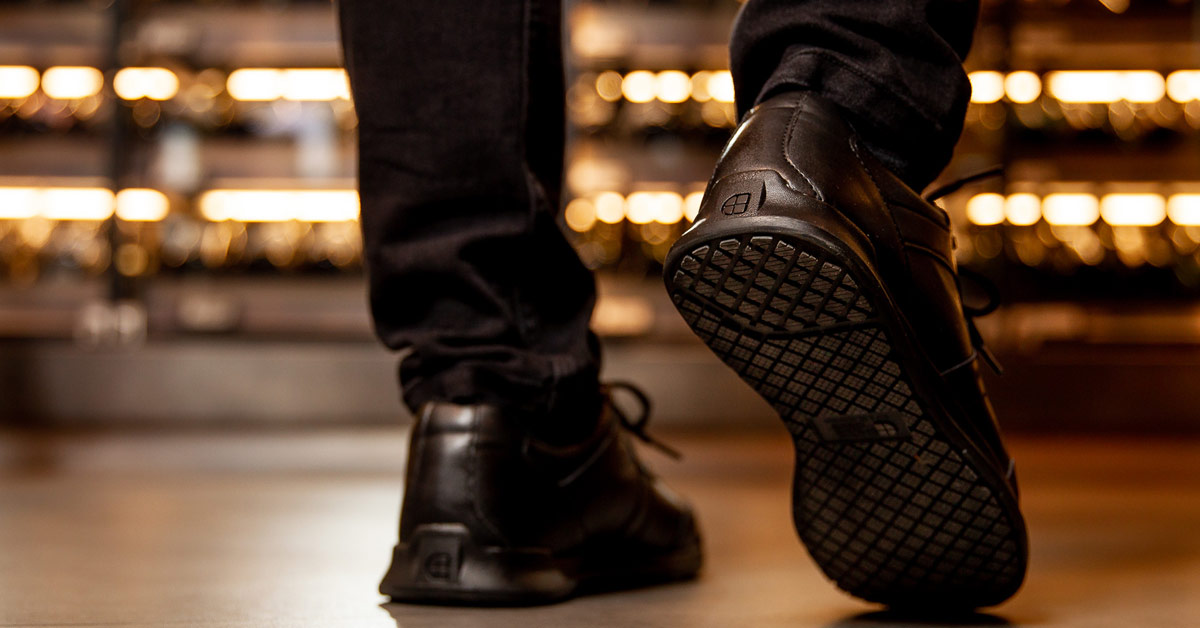We all know accidents and injuries happen, but, even though they aren’t 100% preventable, there is much that can be done to avoid them with an effective labour risk prevention plan. In fact, in many instances, work-related illnesses and accidents can be prevented by taking simple and effective measures, such as wearing the correct footwear. Continue reading and find out more about the most common work-related injuries and accidents.
How many days are lost due to accidents or injuries?
According to statistics from HSE, made with data from the Labour Force Survey, the estimate for work days lost due to work-related ill health amounted to 35.2 million in 2022/23. In the case of accidents in the workplace, and continuing with data from the LFS’s estimate, workers reported over 437,000 non-fatal injuries, over 75% of them resulting in absences that lasted less than 7 days.
However, for the most part, the illnesses responsible for the lost 35.2 million work days are stress, depression, anxiety and musculoskeletal disorders. On average, each person suffering from the latter took approximately 14 days off because of their illness, and people with work-related injuries took around 6.6 sick days.
What are the most common work-related injuries?
Work is a large part of our lives, according to Statista, the average weekly hours of work for full-time employees in the UK has gone up from 36.5 in 2023 to 36.9 in 2024. Evidently, certain job roles that are more exposed to danger than others; it’s not the same to be a warehouse worker than barista, but they both face health risks that can be prevented.
Work-related musculoskeletal disorders
Musculoskeletal disorders, also known as MSDs, are illnesses or injuries that affect muscles, tendons, joints, cartilage, nerves and the skeleton. These disorders may develop as a consequence of bad posture or strain; in fact, the European Agency for Safety and Health at Work claims MSDs are the most common work-related problem in Europe.
These types of disorders may originate because of the physical demands of certain activities, such as manual handling, repetitive motions, heavy lifting, keyboard work or spending long hours standing during shifts, among others. Moreover, MSDs could flare up because of a lack of ergonomics in the workplace, or because staff are using the wrong kit. Some of the most common MSDs are:
- Sprains, strains and tears
- Back pain
- Muscular aches
- Carpal tunnel syndrome
- Hernia
At Shoes For Crews, we work to create footwear that can prevent or minimise both musculoskeletal pain and workplace accidents.
The most common reasons for musculoskeletal injuries at work
As we mentioned before, MSDs can originate because of certain activities workers carry out during their shifts that result in accidents. Information from RIDDOR sheds some light onto the five most common workplace accidents that result in absences due to injury.
- ‘Slips, trips or falls’ are at the top of the list, causing 32% of injuries. At Shoes For Crews we specialise in preventing these accidents. Our unique outsoles with slip-resistant rubber don’t only reach the minimum grip requirements needed to pass the testing process to comply with ISO standards, they go beyond, ensuring the wearer is safe no matter the surface they step onto.
- The second type of workplace accident, following slips, is ‘handling, lifting or carrying’, responsible for 17% of injuries. This is also an area where we have expertise: we design safety shoes with composite or steel toes –capable of withstanding up to 200 joules– to protect workers should they drop any heavy objects; we also use reinforced outsoles to prevent sharp jutting elements, such as nails, from puncturing the outsoles and harming your staff.
- ‘Struck by moving object’, which causes 11% of injuries,
- ‘Acts of violence’ led to 8% of workplace injuries.
- ‘Falls from a height’ account for another 8% of injuries.
Shoes For Crews solutions are proven to reduce up to 80% of employee slips and falls, all with an action as simple as choosing the right style for the job.
Would you like more information about Shoes For Crews safety features? Don’t hesitate to get in touch with us and a member of our team will be delighted to help you. Help us keep your workers safe by preventing potential accidents and injuries at the workplace.

